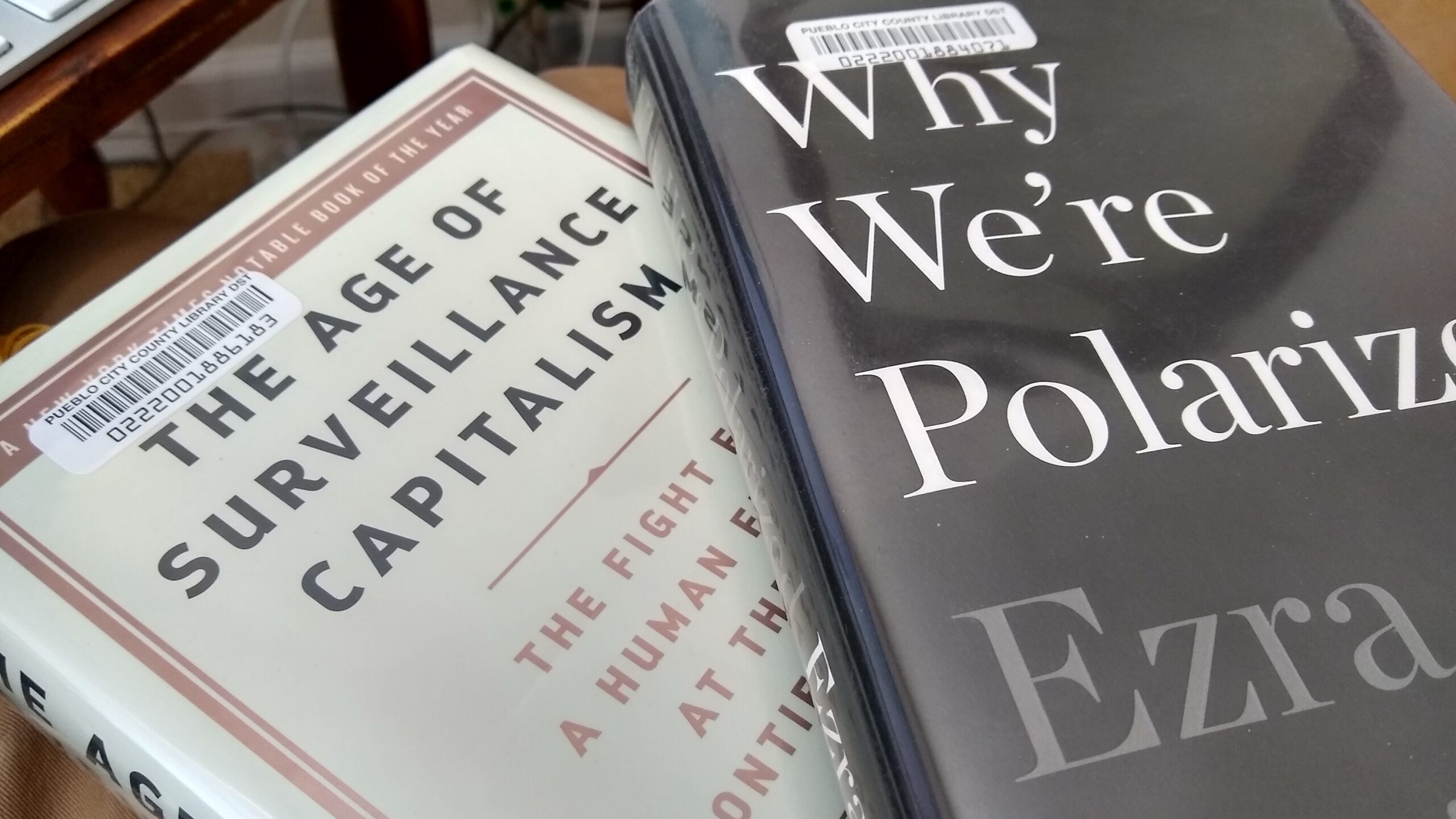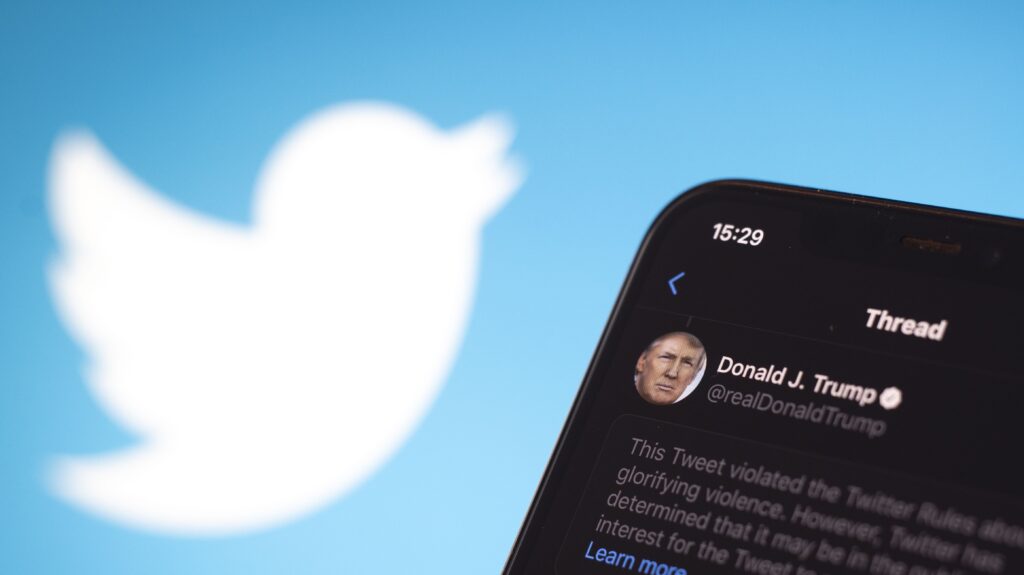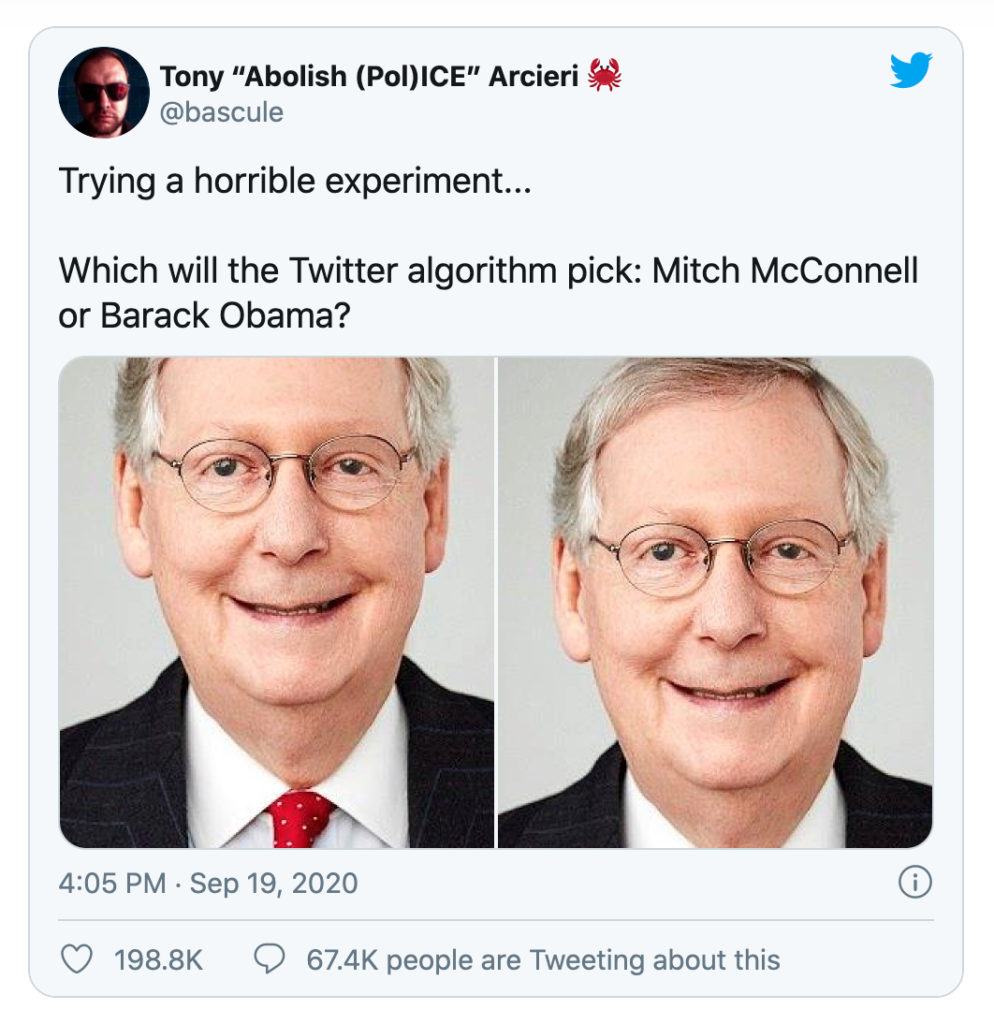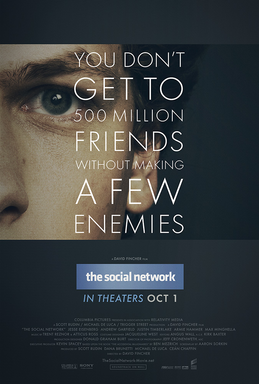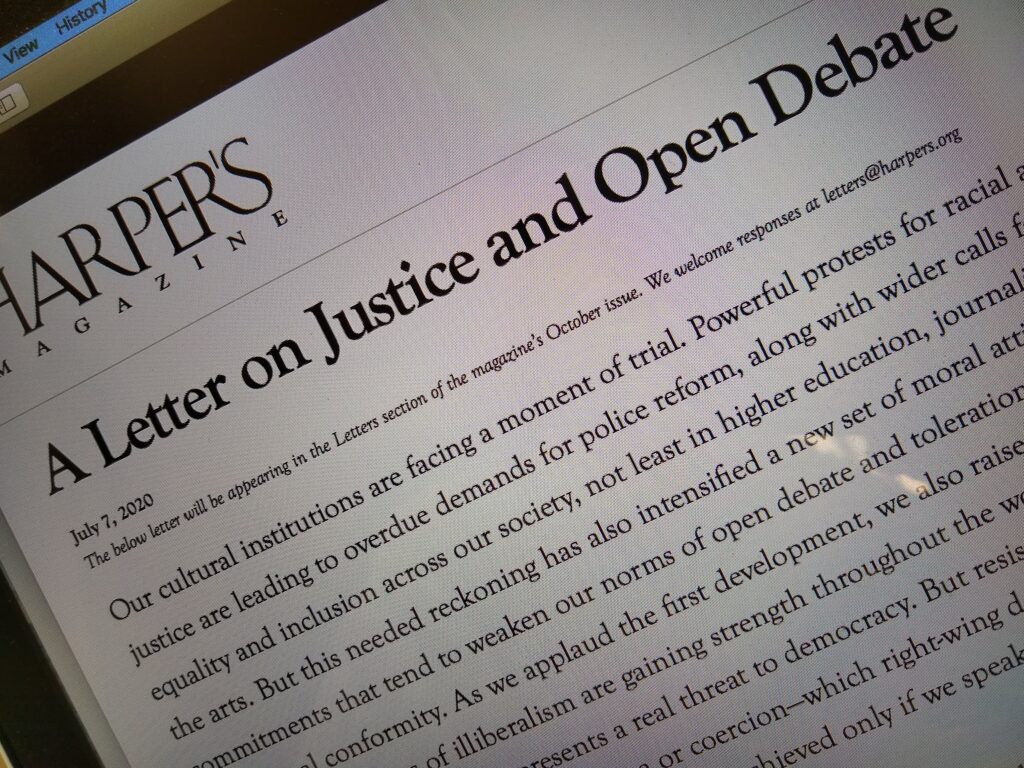In case you haven’t heard, the video game store GameStop has been the talk of the town, especially if your town is an “online reading club” called Reddit. If you’re wondering what that quote is all about, enjoy this short video tweet.
Okay, that was fun, but seriously, what’s going on. Without getting bogged down in the complexities of wall street shenanigans, one lesson to take away from #gamestopgate is the enormous power of collective action organized by online forums (in this case Reddit) and the larger social media communities that jumped into the pool.
Here’s a more detailed explanation…
Robinhood democratized stock trading for the masses, and social media gave them a way to communicate and organize around a trending topic. This kind of power, rarely available to the average consumer, will become more and more common as the internet becomes injected into every area of life. Last year it was crowd-sourced journalism and police reform. This week it is “short squeezing” a video game stock and the hedge fund investors who were betting on its demise. Next month it may be decentralized healthcare and vaccine distribution. Every service that was formerly controlled by titans and elites can be disrupted by internet-empowered citizens with either a common goal or grievance. Hold on to your hats.


